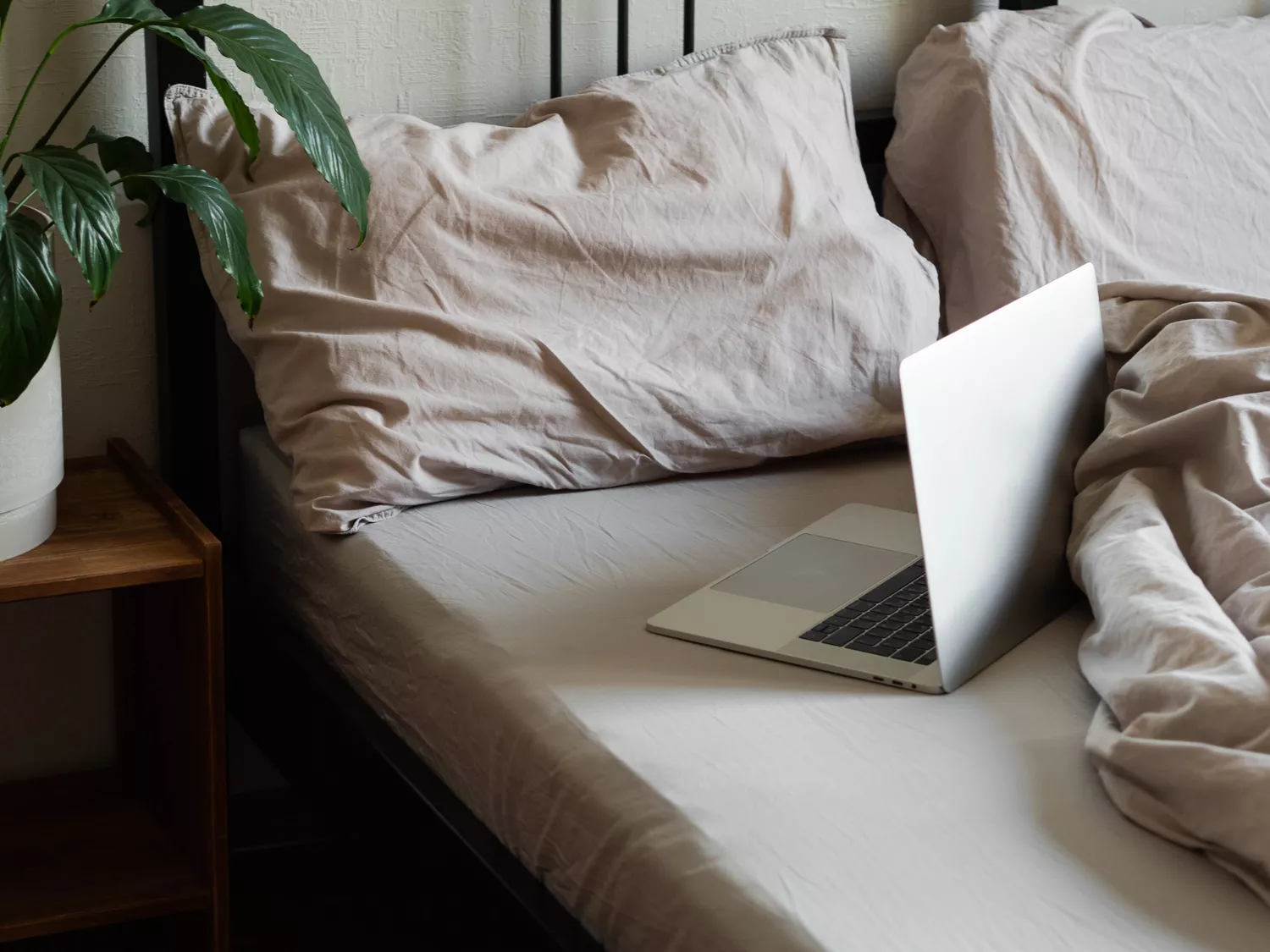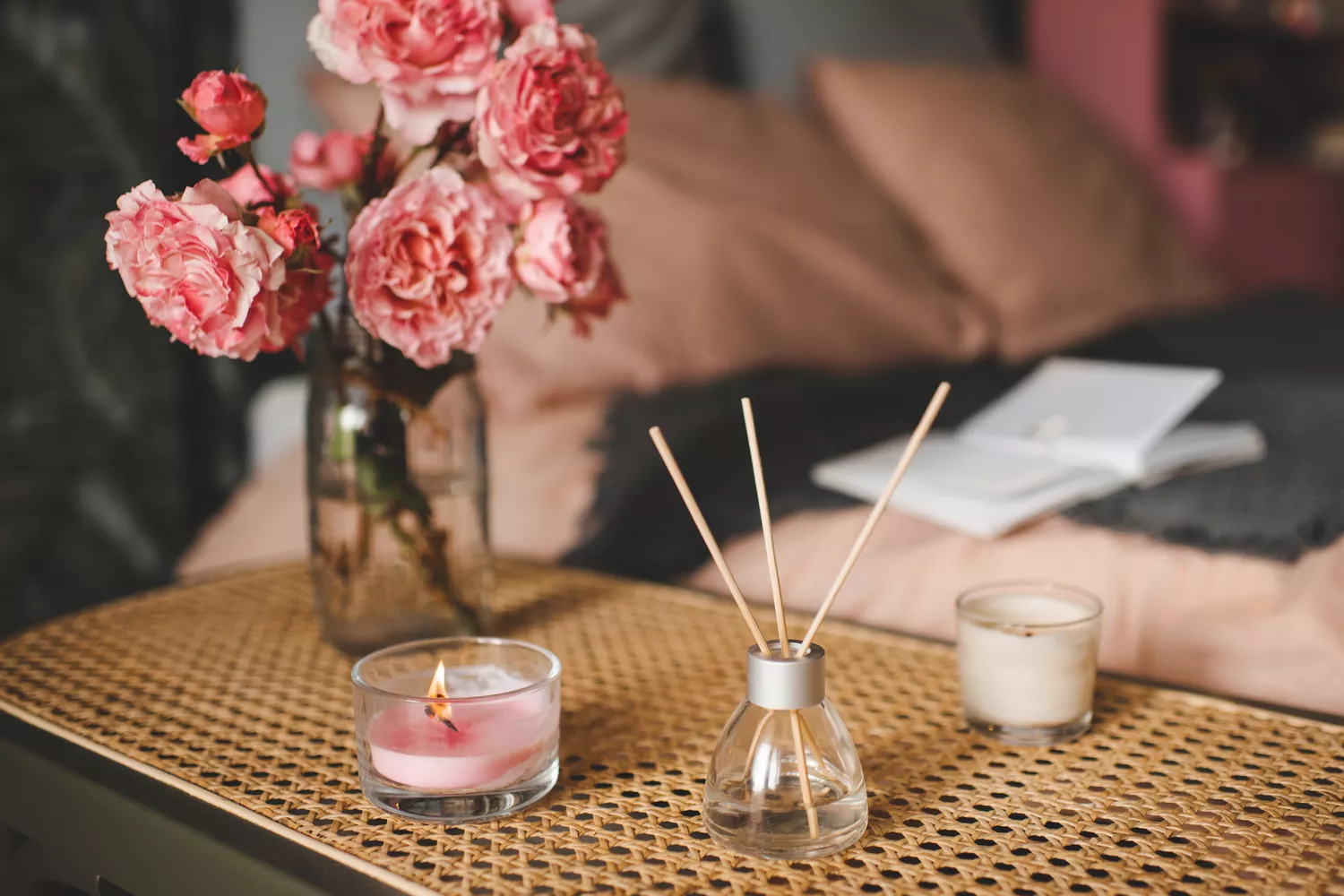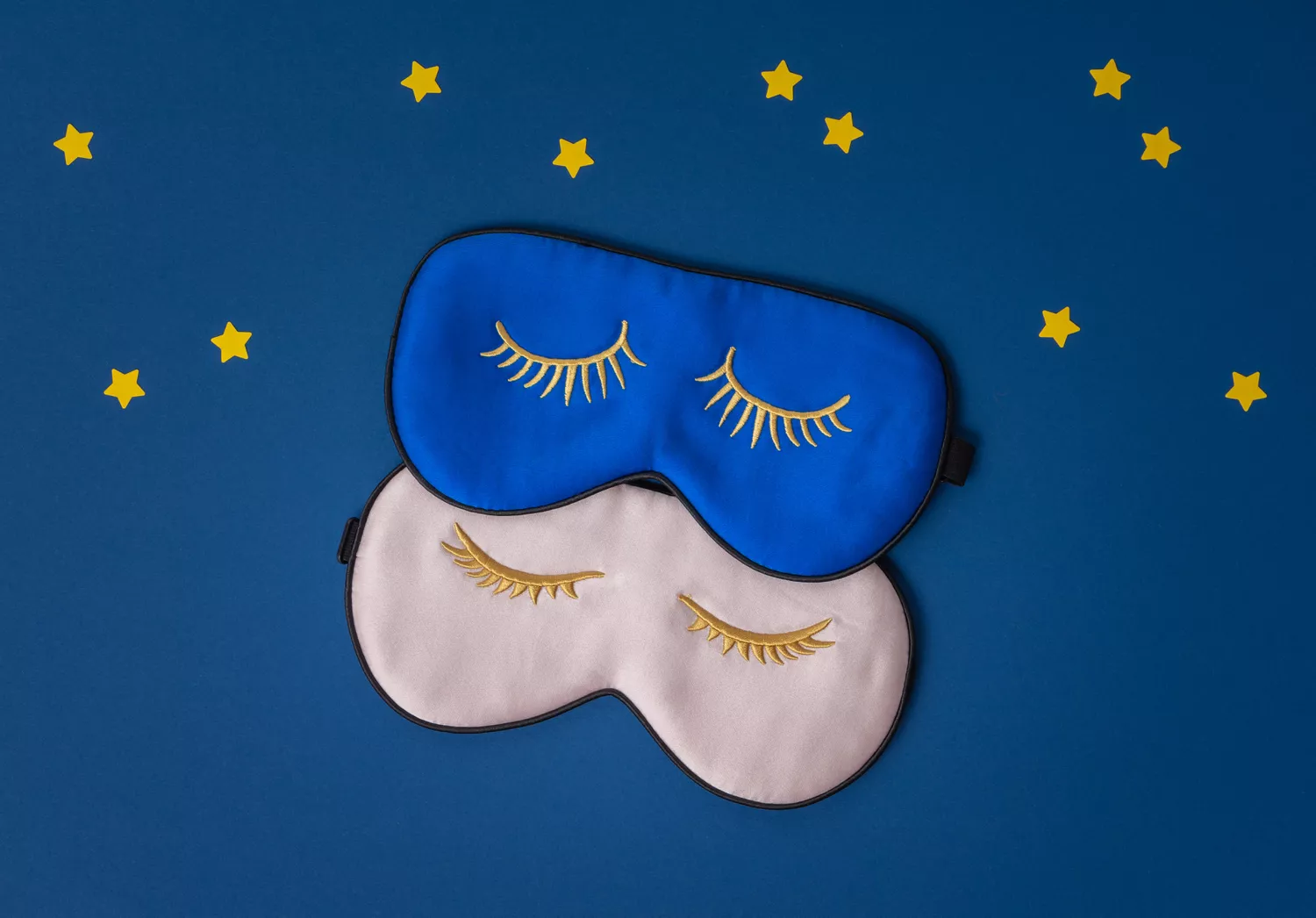As high as we might want to leave work at work, it’s hard not to allow it overflow into the remainder of our life. Whether it’s replying to a late-night email or emphasizing regarding a big conference the next morning, our job can influence what we do and just how we really feel during our pause the clock. Now, many thanks to a new research study, we have a far better concept of exactly how our work habits can affect our rest.
The research study, published in the Journal of Occupational Health and wellness Psychology, analyzed information from more than 1,000 individuals over a 10-year period, and determined some of the manner ins which our work may dictate our rest quality and amount. Right here’s what the research located– along with what you can do to obtain your sleep back on track.
How Your Task Can Affect Your Rest
In order to establish how someone’s work may be affecting their rest, Dr. Claire Smith, PhD, lead writer of the research, and her team evaluated sleep health across numerous dimensions: uniformity of sleep timetable, personal complete satisfaction with rest, awareness throughout the day, timing of sleep that straightens with your biology, efficiency (or how much time it takes you to go to sleep), and duration or sleep amount. “Healthy sleep is more than simply getting your seven-to-nine hours,” Smith says.

After evaluating data from more than 1,000 employees, the researchers determined 3 types of sleepers: excellent sleepers, insomnia sleepers, and catch-up sleepers. According to Smith, sleep problems sleepers rest for brief periods on an irregular timetable with restlessness during the evening, all adding to dissatisfying rest high quality. In general, catch-up sleepers are healthy sleepers, other than that they attempt to make up for shed rest by snoozing or oversleeping on the weekend breaks, she states.
The study concentrated on two types of tasks: sedentary jobs– which include sitting for most of the work day– and those with nontraditional schedules, which involve working evenings, nights, and/or weekends. Bookkeeping for an approximated 80% of the contemporary workforce, the research discovered that people with inactive jobs experience a 37% increase in insomnia-like signs and symptoms. At the same time, those who work nontraditional schedules experience a 66% higher threat of requiring catch-up rest.
” Our work lives can have a big effect on our sleep, and vice versa– our sleep plays an essential function in our job efficiency,” states Joseph Dzierzewski, PhD. “Really sedentary tasks that obstruct of getting daily exercise, or work that are done in setups without windows or intense lights, may be undermining your nighttime sleep.” In addition, working the second or 3rd change will throw a person’s body clock out of rhythm and bring about issues resting and waking up at practical hours, states Dr. Michael Chichak, MD. “Eventually, this can result in rest deprivation and several wellness difficulties,” he describes.
How to Get Your Sleep Back on Track
As excellent as it would be to have a job that advertises healthy sleep, it’s not reasonable for lots of people. The bright side is that there are actions you can take to boost your rest quality without discovering a new task– simply keep in mind that these aren’t necessarily one-size-fits-all strategies. “Due to the fact that unhealthy rest looks several ways, so ought to solutions,” Smith claims. “What works for insomnia-like sleepers most likely will not help catch-up sleepers. Personalized efforts are required.” Below, locate some sleep-promoting ideas to aid obtain your internal clock back on course.
Make Time for Exercise
Not every person can avoid sedentary job, however lots of people can integrate some kind of movement right into their day. “Physical activity can profit numerous dimensions of sleep health, also if it’s reduced intensity– like strolling versus running– as long as it is three hours prior to bedtime,” Smith states.
According to neuroscientist Dr. Chelsie Rohrscheib, PhD, less active jobs that involve long term resting can add to bad circulation, muscle stiffness, and higher anxiety degrees, making it more challenging to relax during the night. “Routine activity aids manage anxiety hormonal agents and advertises much deeper sleep,” she suggests. “Stand up and extend every hour, take short walks, and include light workout– such as yoga exercise or extending– at night.”
Stay with a Sleep Set up
Make an effort to go to bed around the very same time each night. “People need to likewise establish and preserve a routine wake-up time,” Dzierzewski claims. This is additionally crucial for those who work strange hours, graveyard shift, or turning shifts, which Rohrscheib says misaligns the body’s natural sleep-wake cycle, causing lowered melatonin manufacturing and sleep deprival. “Stay with a consistent sleep timetable, usage blackout curtains, and use blue-light-blocking glasses prior to a night shift to aid manage circadian rhythms,” she recommends.
Maximize Your Exposure to Daytime
Spending the entire day inside without adequate light direct exposure interrupts circadian rhythms and reduces melatonin production, making it harder to fall asleep and creating daytime fatigue. “Take breaks outside in natural light, sit near a home window, or utilize a light therapy light in the early morning,” Rohrscheib claims. Plus, as Chichak explains, all-natural light can help enhance your mood and make you feel more stimulated, so it is essential to make use of it whenever possible.
Make an Effort to Socialize
According to Chichak, having minimal social interactions during the day can change the means a person rests, in addition to their general state of mind. “This absence of sociability might obscure one’s sleep-wake cycle,” he states. To neutralize this, make an initiative to get coffee with a coworker or supper with a friend after work, or talk with your next-door neighbors while strolling the dog. Making the effort to mingle can make a big distinction in how you rest.
Restriction Your High Levels Of Caffeine Consumption
Excessive caffeine consumption blocks adenosine, the natural chemical responsible for sleepiness, Rohrscheib describes. “Since high levels of caffeine has a half-life of about 5 to 6 hours, consuming it too late in the day can interfere with dropping and remaining asleep,” she claims. “Limitation high levels of caffeine consumption after lunch and switch to decaffeinated beverages in the afternoon.”
Avoid Working Off the Clock
According to Rohrscheib, considering displays all day subjects the eyes to blue light, which subdues melatonin and delays the body’s all-natural rest cycle. Plus, the mental overstimulation from work-related screens can make it tougher to unwind prior to bed. “Reduce display exposure in the evening, use blue light filters, and implement a ‘screen-free’ wind-down regular before bedtime,” she says.
Destress at the End of the Day
High-stress work boost cortisol and adrenaline levels, keeping the body in a state of heightened performance, which Rohrscheib claims can make it tough to drop and stay asleep. “Exercise stress-reducing tasks like deep breathing, reflection, or journaling before bed to reduced cortisol degrees,” she suggests.
Stay With Healthy And Balanced Eating Behaviors
As it turns out, what you consume– or don’t eat– can affect your sleep high quality. “Poor consuming habits at the workplace, such as missing dishes or eating far too late, can lead to blood sugar variations and indigestion, both of which can interfere with sleep,” Rohrscheib states. “Eat well balanced dishes at normal times and stay clear of heavy meals or high levels of caffeine near bedtime.”
Maintain Your Mind Stimulated (Without Displays).
Allow’s face it– not everybody has a job that holds their interest. “Jobs that give little or no mental stimulation can cause daytime exhaustion and extreme napping, which interrupts nighttime sleep,” Rohrscheib explains. “Dullness and lack of engagement might additionally enhance stress, making it more difficult to sleep.” She suggests attempting to deal with monotony– without screens– by taking part in emotionally stimulating activities, like discovering brand-new skills, analytical tasks, or analysis prior to bed to balance psychological alertness and leisure.



